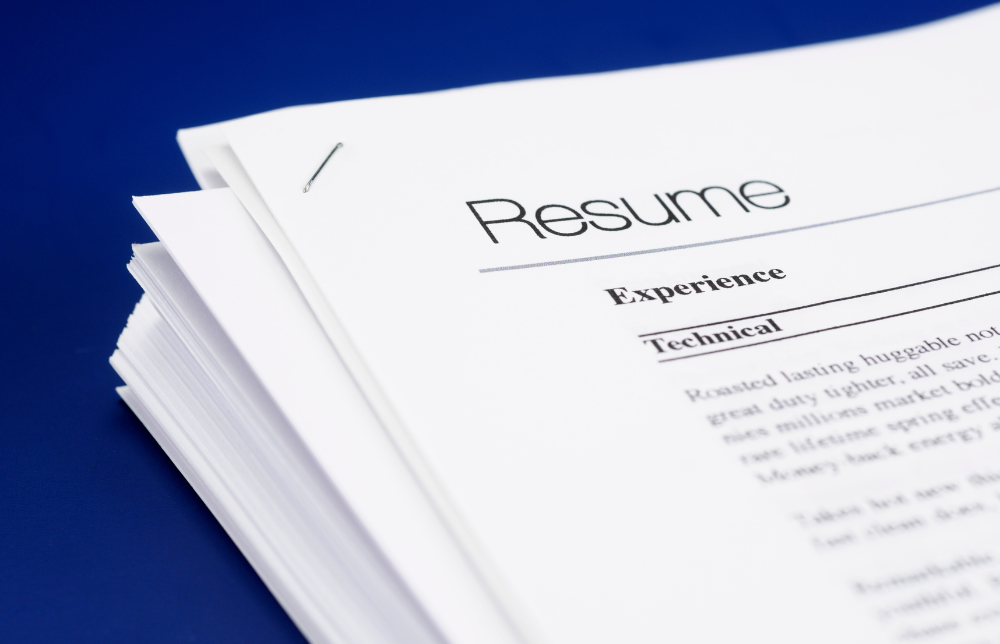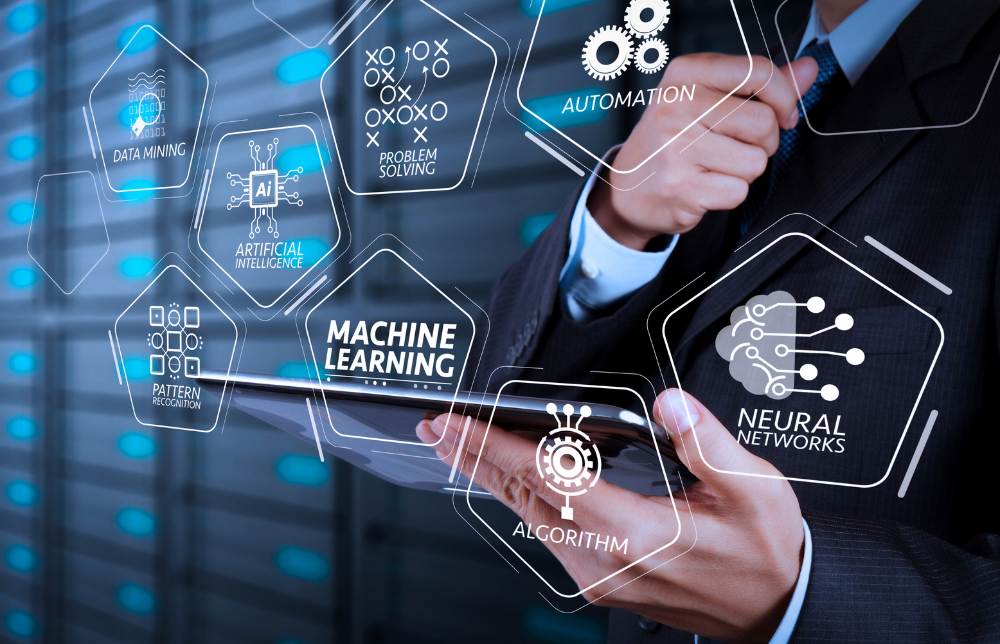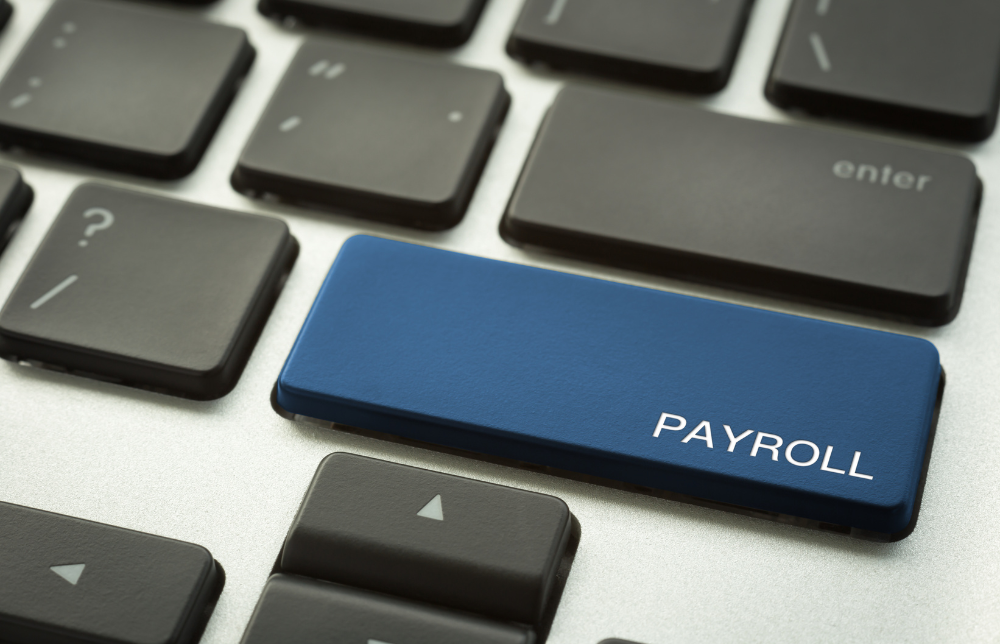Does HR Software Automation Replace HR People?
“The Future of Work is important to all of us. Technology and cognitive software will prompt us all to reinvent ourselves, become ‘more human,’ and learn to use new tools ...

“The Future of Work is important to all of us. Technology and cognitive software will prompt us all to reinvent ourselves, become ‘more human,’ and learn to use new tools and systems…” – Josh Bersin.
There’s no denying that we are fully immersed in the digital age and that technology has encroached into every aspect of our lives. People sleep next to their smartphones. You order your coffee from an app and grab it on the way to the office without speaking to anyone. Uber delivers a ride to you without any human interaction or exchange of payment and soon, you may be commuting to work in a driverless car.
While these automations and technological advances have made daily life more convenient, how do they affect your work life? Is automation a threat to HR? As HR professionals, the focus has always been on people, and while technology will continue to advance and be adopted by organisations, the need for businesses to invest in their people will remain.
The primary advantage of HR technology is the automation of repetitive admin tasks. In a report by Ernst and Young, they estimate that 93% of HR employee’s time is spent on repetitive tasks and that 65% of that can be automated. Technology enables HR to become more strategic, creative and innovative. HR can focus on serving their customers, the employees, and have time to develop initiatives that allow businesses to run more efficiently and effectively.
By adopting HR automation software, HR will be able to save time by streamlining core activities and gather insightful data in a way not possible through manual processes.
Learning Management Systems make compliance much easier to manage and roll out in a timely manner, not to mention track and report back on. Automated onboarding can be a seamless experience that saves time and money by cutting paper costs and reducing departmental shuffling of a new hire’s information.
Software can also analyse keywords on a CV to indicate whether someone could be a good culture fit, or alert HR to an employee who is performing well or engaging in self-learning, indicating that they may be ready for the next step in their career. This automation not only saves time in manual analysis, but allows HR to invest their time more strategically and add true value to the organisation.
HR is coming to a crossroads where in order to help shape business strategy, they need to be able to gather and analyse people data in a way that delivers real insight to the business. Adopting new HR technologies that provide comprehensive reporting and analytics sets HR up for success as a serious business influencer.
HR is inherently human and businesses will always require a human touch. In a recent report, Eventful Group noted that “HR leaders must undertake this transformation without ever losing sight of their key roles within the organisation, in attracting, retaining and empowering talent.” Technology will never be able to change that, so embrace the technology and use it to your advantage.
 HR Core
HR Core 









